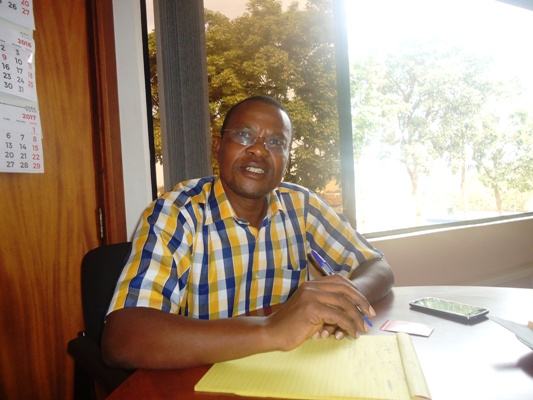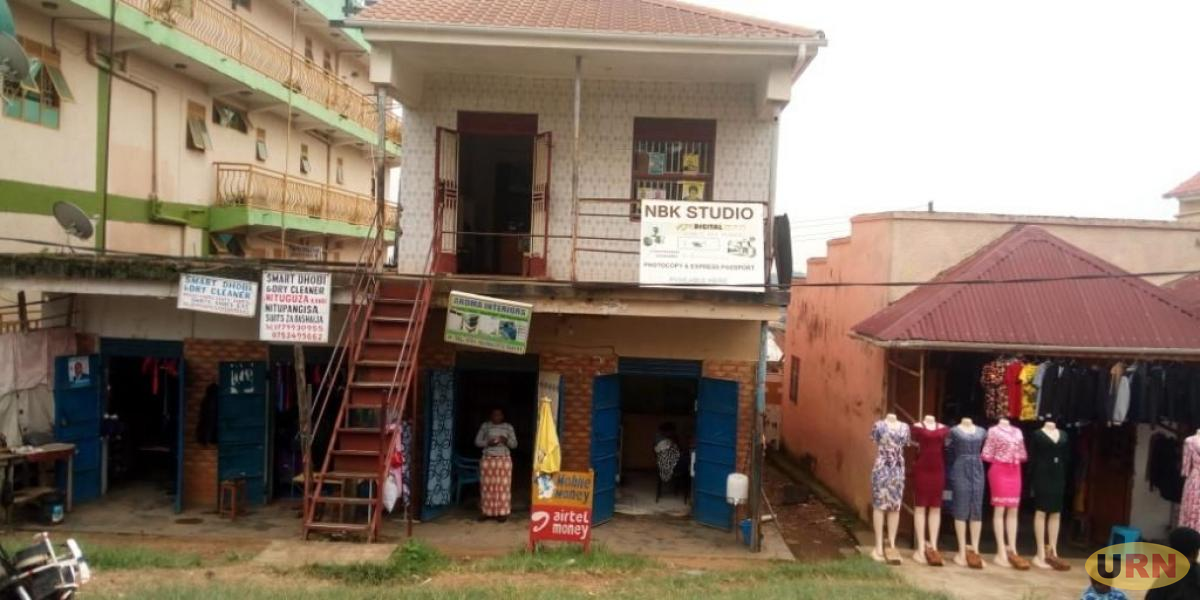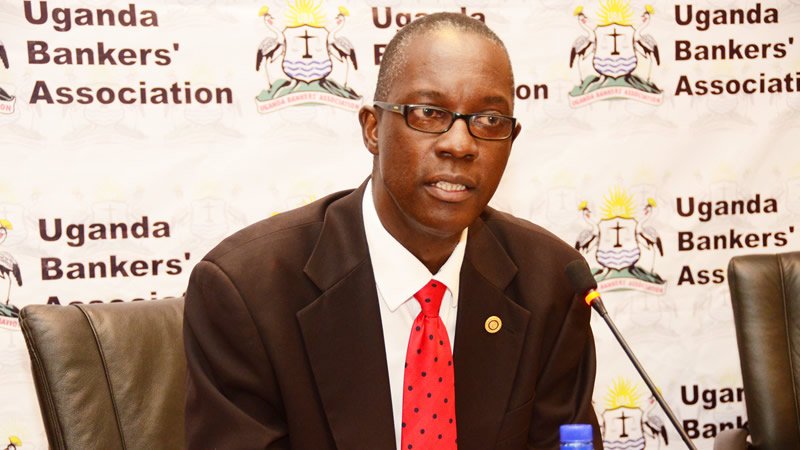Housing Units under construction
The government has started recapitalizing the National Housing and Construction Corporation (NHCC) to build low-cost houses for public servants and other “deserving citizens.”
This was one of the many commitments the Ministry of Lands , Housing and Urban Development made in the NRM Manifesto 2021-2026.
While updating the nation on its progress, the Minister of State in the Ministry of Lands, Housing and Urban Development, Kania Obiga, said market valuation was done and a capital call of Shs.118bn was made to shareholders. Kania said that the government of Uganda has provided Shs 30bn to recapitalize NHCC to build low-cost houses. “Shs 88bn still outstanding for Government of Uganda,” said Kania. He added: “Libyan Government has an outstanding obligation of Shs 118bn.”
Kania said that there are plans to recapitalize Housing Finance Bank to enable it to expand and provide affordable mortgage finance.
“The Bank working with Government is in the process of establishing a line of credit to enable the Bank provide affordable mortgages, that will support housing development in the country, including associated services like utilities, sanitation, waste management, etc,” said Kania.
He said that the government has provided over 10,000 mortgages for incremental housing on annual basis.
Some of the beneficiaries include Market vendors, boda boda riders, taxi drivers, etc, said Kania.
He also noted that the government carried out a feasibility study on the Mortgage liquidity facility and Government (MLHUD, MoFPED and BOU) are working jointly for the establishment of the facility.
Kania noted that the government also commenced the review of the policy and legal frameworks with a view of introducing incentives for housing development.
According to Kania, the government plans to reduce the cost of building materials by using “our minerals such as limestone and iron ore to develop integrated industries for building materials (cement and steel products).”
To this, the government has developed a Project for Enhancing Access to Descent Affordable Housing.
“The project aims to establish a Housing Innovation Support Center to boost adoption of locally and internationally developed housing products, services and solutions that would address the cost of building materials,” Kania said.
During the period under review, Kania said that the government rolled out the public portals of the Land Information System to facilitate customer searches. Under this arrangement, the Ministry launched the UgNLIS Portals to provide citizens and those in the diaspora with instant search results for land titles.
The ministry had also committed to scale up systematic demarcation in more districts for both customary and freehold land.
To this, the ministry:
-Had 125,000 freehold land titles registered in the districts of Kiruhura, Ibanda, Rwampara and Mbarara City and Oyam districts through the Systematic Land Adjudication and Certification(SLAAC) Project
-Had 346,222 parcels demarcated under the SLAAC Project in the districts in Nineteen (19) Local Governments of Maracha, Apac, Soroti, Serere, Bukedea, Namutumba, Luuka, Mayuge, Jinja, Kamuli, Kikuube, Ibanda, Sheema, Ntungano, Oyam, Kiruhura, Rwampara, Isingiro and Mbarara City
-Prepared 6,556 land title through SLAAC for the RHDs of Kamwenge (801), Isingiro (473), Kiryandongo (2,176), Lamwo (519), Yumbe (1,2280, Adjumani (144), Terego (712) & Obongi (503)
-Supported customary owners in 7 Refugee Hosting Districts of Kamwenge, Kiryandondo, Isingiro, Lamwo, Adjumani, Yumbe and Terego register their land.
Under the various SLAAC programs, Kania said that a total of 30 districts have been covered including Kibaale, Mbale, Iganga and Rukungiri which were done in the 1st Phase of Systematic Demarcation Program.
Challenges
Kania highlighted increased land evictions, encroachment on Government Land and protected areas, increased urban sprawl, increased slums and informal settlements, increased housing deficit, inadequate compliance to physical planning standards and guidelines and inadequate funding as key challenges to implement the remaining Manifesto Commitments.
Way forward
Kania said that the Ministry will continue to work with other Government Agencies like Judiciary, Police to curb illegal Land Evictions. According to Kania, the Ministry has embarked on titling on Government Land starting with schools and health centres under the Uganda Inter-Governmental Fiscal Transfer (UgFIT) Project.
“These efforts need to be scaled up with other Ministries, Departments and Agencies,” Kania said.
He also revealed that the Ministry is supporting a number of Local Governments including Cities, Municipalities and Districts to develop and implement physical Development Plans. There are also plans to enhance enforcement to increase compliance to physical planning standards and guidelines.





